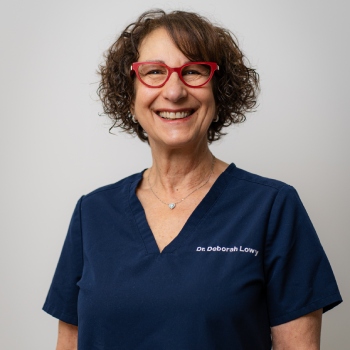If you’ve been wearing eyeglasses for most of your life, you’ve likely thought about trying contact lenses at some point or another. Contacts do have significant benefits; they’re an extremely convenient way to treat conditions like myopia and hyperopia.
Contacts offer improved vision, provide a wide field of view, and are great for physical activities. They’re also effective for early myopia control and managing refractive errors such as presbyopia.
The Benefits of Contact Lenses
Contact lenses correct your vision without the burden of a physical frame on your face. They also offer several significant benefits:
- They provide improved vision: Contact lenses conform to the curvature of your eye, providing a wider field of view and more stable vision. This means you won’t experience the distortions or reflections that may occur with some types of glasses.
- They provide a wider field of view: Unlike glasses, contact lenses don’t restrict your peripheral vision. This is particularly advantageous for activities that require a full range of sight, such as driving or playing sports.
- They’re great for physical activities: For those who lead an active lifestyle, contact lenses are a game-changer. Whether you’re running, biking, or engaging in other physical activities, contact lenses stay put and don’t fog up or slide down your nose.
There are also specialty contacts that incorporate multiple prescriptions into a single lens, offering an ideal way to address conditions like presbyopia or early stages of myopia to control the condition. These are an excellent choice for people in plenty of situations.
Do You Need A Contact Lens Exam?
If you’re curious about trying contact lenses, our expert team of eye doctors and eye care professionals can help determine if contact lenses are right for you, and help you explore your options. Since contact lenses sit directly on the cornea, they require a separate prescription from your eyeglasses with additional measurements and considerations in order to ensure a perfect fit. Your optometrist will take the time to listen to your needs, and can recommend a solution that is right for your eyes and lifestyle.

How Long Do Contact Lenses Last?
If you think contacts are the right choice for you, the next step is to find a pair that works for your vision needs. You’ll need to visit your optometrist for a contact lens fitting and exam—this lets them examine your eyes, get your prescription, and give you a series of lenses to try out.
Contact lenses can be broken down into several categories:
- Rigid gas-permeable lenses. These are made of a rigid material that still allows oxygen to reach the eye, and are long-lasting lenses. These lenses can last a year or more before needing to be replaced.
- Soft lenses. These are made of a silicone hydrogel or similar material and are often much more comfortable than rigid lenses. Soft lenses are the most popular type of contact lens, and they’re replaced every two weeks or every month depending on the brand in question.
- Daily disposables. These are single use contact lenses that you throw away at the end of each day. Single use contact lenses are also safer since a fresh, clean lens is used everyday reducing chances of infection or irritation.
Finding the right lens takes a proper assessment, but it’s worth the results. Always follow your optometrist’s advice and replace the lenses as recommended.
Do Contact Lenses Expire?
Though many people don’t think about it, contact lenses do have an expiration date. When you get your lenses, take a moment to look over the packaging. The expiration date indicates the last day the lenses should be considered safe to wear; anything past this point can put your eyes at risk of infections, scratches, and more.
This is often due to the storage case and cleaning solution used to store the lenses. Both of these need to be airtight and sterile to prevent the growth of bacteria and other microorganisms that can be harmful to your eyes. However, as time goes on, wear and tear can compromise the integrity of the case, creating an environment where these bacteria can thrive. Change your case regularly and make sure to keep it clean.
This is why following a proper replacement schedule and keeping up with routine eye exams are so important. Make sure you always wash your hands before and after handling the lenses, check your expiration dates, and listen to your optometrist!
Book Your Contact Lens Exam
Choosing contact lenses can be a rewarding and convenient way to keep your vision clear without worrying about damaging eyeglasses frames. However, contact lenses also require vigilant care and proper hygiene practices.
If you’re thinking about trying contact lenses or need to replace your existing set, come talk to our team at Lowy & Sewell Eye Care for a personalized plan. We’re here to help, so book an appointment with our team today.



